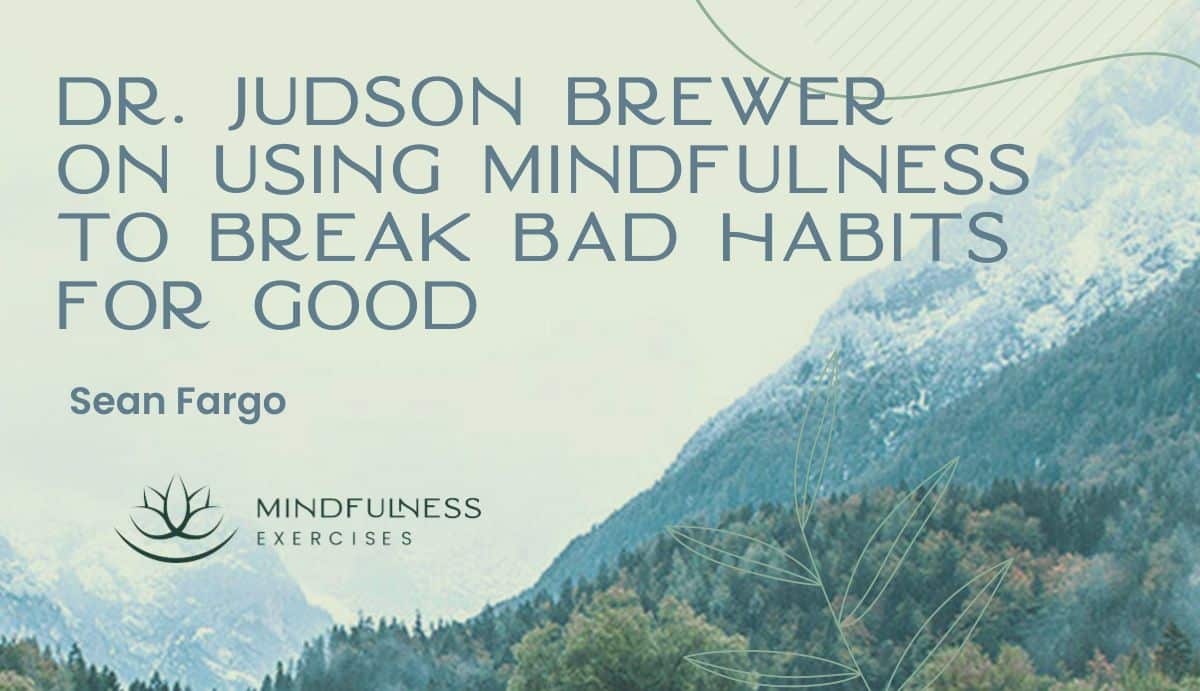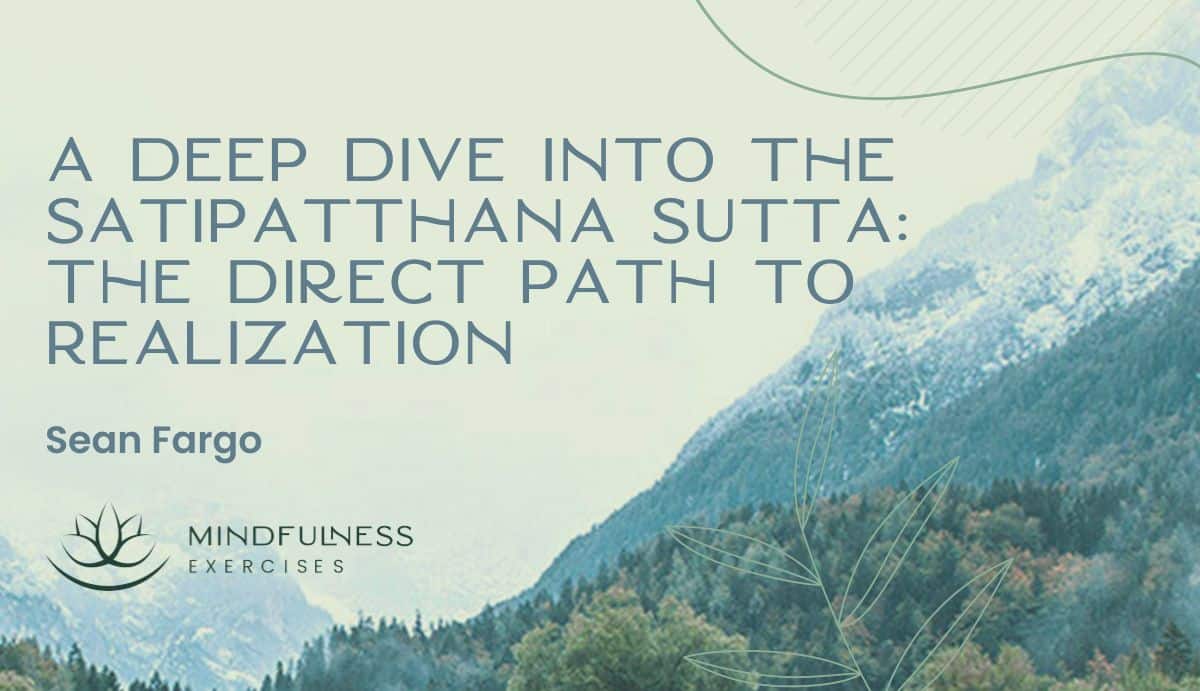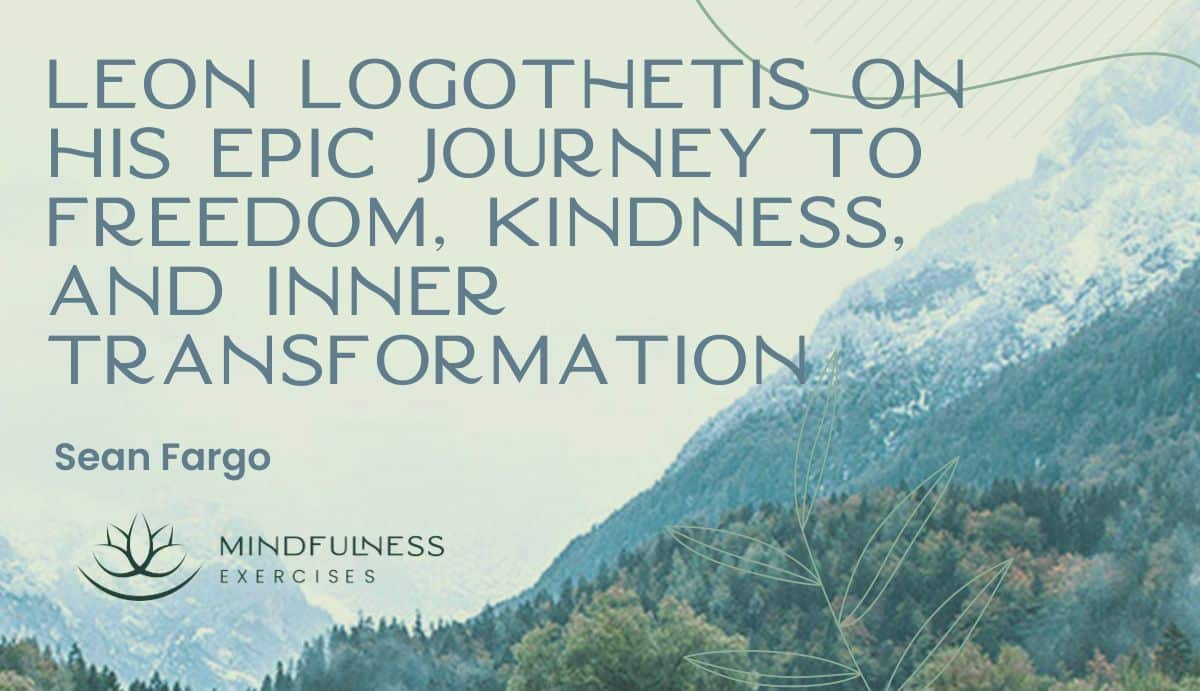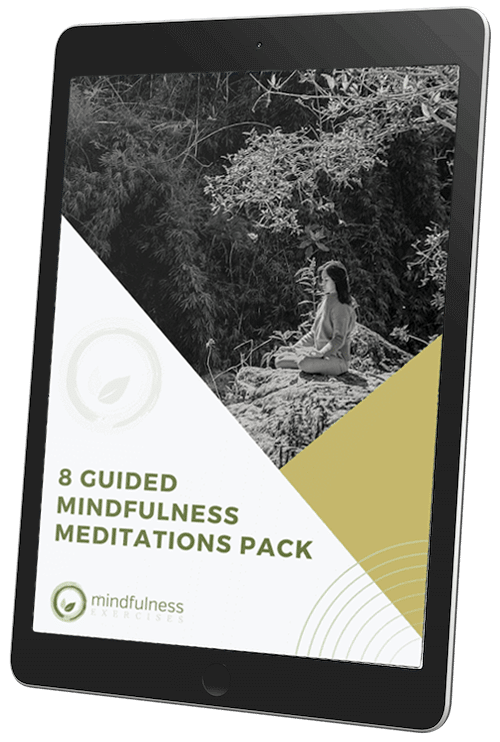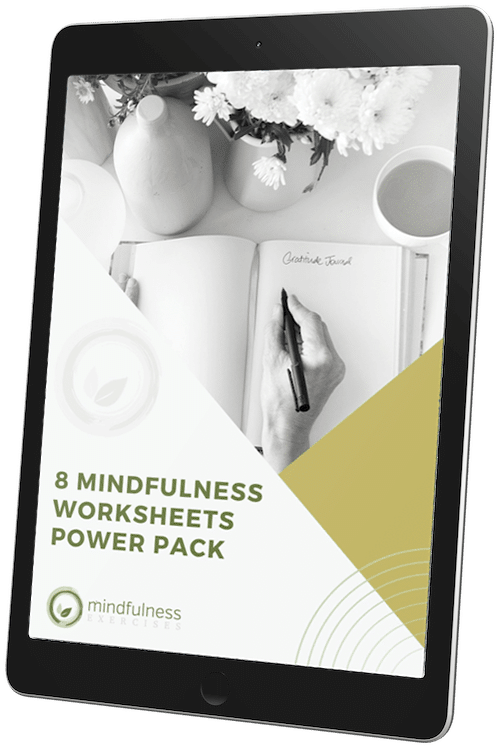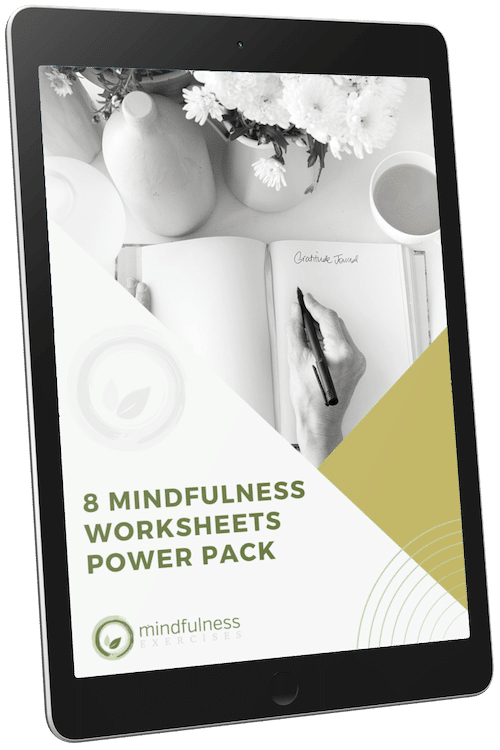Listen now
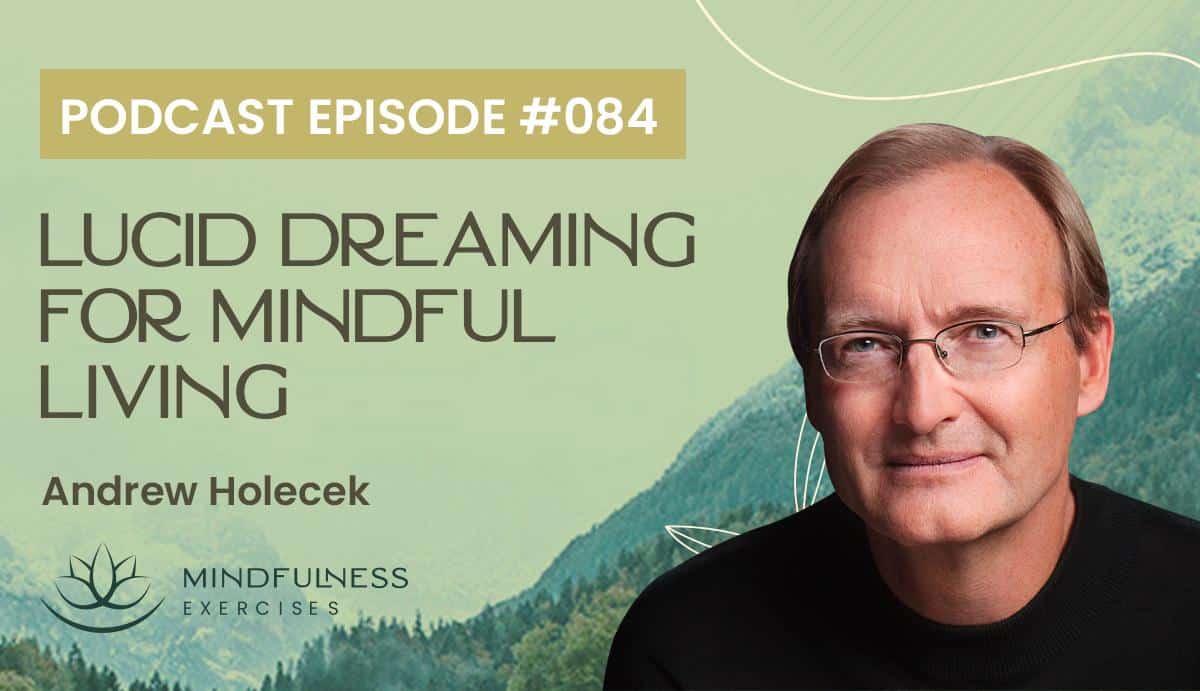
Have you ever become aware that you’re dreaming, while still in the dream? Lucid dreaming is the act of becoming conscious that we’re dreaming. It’s a skill we can intentionally develop to become more lucid in our waking state. Those who regularly practice mindfulness meditation may be particularly adept at lucid dreaming.
In this episode, author and spiritual teacher Andrew Holecek talks about lucid dreaming, dream yoga, and how to best induce these deeply meditative states. Learn more about the benefits of nocturnal meditations in Episode #036, Mindfulness While Sleeping or start with the preliminary practice of Liminal Dreaming, introduced in Episode #064.
Andrew Holecek teaches meditation, lucid dreaming, and Buddhist death preparation practices worldwide. His books include “Dream Yoga: Illuminating Your Life Through Lucid Dreaming” and “Dreams of Light: The Profound Daytime Practice of Lucid Dreaming.”
This talk is a brief excerpt from Andrew Holecek’s guest teacher presentation to those enrolled in our Mindfulness Meditation Teacher Training Program. Learn more about this unique, online, self-paced certification program at mindfulnessexercises.com/certify
What You’ll Learn in This Episode:
Show Notes & Quotes:
Practicing mindfulness in our dreams
Bringing mindfulness to our waking state sheds light on unconscious, habitual processes that sometimes cause harm. By recognizing how we perceive the world and how we react to our perceptions, we give ourselves the ability to perceive and react differently. We can do the same at night. Lucid dreaming can accelerate psychological development and self-fulfillment during the day by bringing consciousness to an otherwise unconscious state, while sleeping.
“I would argue that lucid dreaming, in particular, represents a type of pedagogy of the future, a hyper-pedagogy, the ability to learn in a concentrated, accelerated way, where you are working with consciousness in a refined, unconscious (state). Lucid dreaming is sometimes called a hybrid state of consciousness, lucid dreaming is a mindful dream.”
The unique power of lucid dreaming
Few one-time experiences can profoundly change the trajectory of our lives. One example is a near-death experience. Even a single one can alter the ground of our being. Dreams, especially when clear and lucid, can similarly impact our lives. In lucid dreams, the conscious mind can face the unconscious mind directly, an extraordinarily powerful experience.
“You’re working with the roots of your life. And so the trees and the branches, that’s self-help stuff, that’s even traditional meditation. You’ve got the leaves, you’ve got the branches, you’ve got the trunk, and then you’ve got the roots. And so the farther down you go, the deeper you go, the more transformative and the more efficacious are these methodologies.”
Intention and meditation as triggers for lucid dreaming
There are multiple methods for initiating a lucid dream. Holecek presents several examples, including the ‘wake and back to bed method,’ the use of supplements, and journaling. Of these methods, he emphasizes intentionality and regular meditation practice as the most essential. Anecdotally, he has found that those who have a meditation practice are more prone to lucid dreaming, even without intending to be. Intentionality, however, makes lucid dreaming far more likely.
“So, in addition to the technique of intentionality - ‘tonight I’m going to have many dreams, tonight I am going to remember my dreams, tonight I’m going to wake up in my dreams.’ - [...] keep your dream journal, that’s another very helpful thing for lucidity. Keep a journal on the side of your bed, devoted exclusively for dreams. Don’t write your shopping list or your laundry list down there, just write your dreams.”
The daytime practice of questioning your state of consciousness
When we don’t wake up in our dreams it’s often because we fail to question what happens, no matter how strange. What if, when something strange happens, we were to ask, ‘Am I dreaming?’ By practicing this critically reflective attitude during the day, we create a habit. In our dreams, we’ll then be more likely to repeat this state-check habit and awaken to the dream. One daytime state-check method entails doing a little jump. Jumping is quite different in the dreaming and waking states.
“A pink elephant walks into your living room in a dream, you just go with it, right? That’s how you sustain and continue to go with your non-lucidity. [...] And so that pink elephant appears in my dream tonight, what am I going to do? I’m going to jump up in my dream. And guess what happens? Half the time, I’ll go up, I won’t come back. I’ll jump up, I’ll just keep going. ‘Hey, wait a second, I’m either dead, tripping or dreaming. This must be a dream.’”
Using prospective memory to induce lucid dreaming
Most of our memory is retrospective; we remember things that have happened in the past. With prospective memory, we can seed lucid dreams by trying to remember to do something in the future. The more we practice state checks during the day, for example, the more likely we are to practice them in our dreams. By strengthening memory, we’re also more likely to remember our dreams.
“One way to exercise this memory muscle is sensitize yourself. You can say, ‘Okay, for the next day, every time I look in the mirror, I’m going to conduct a state check.’ Then you can say the next day, ‘Every time I hear a dog bark, I’m going to conduct a state check.’ And it’s actually somewhat humbling, revelatory, how often we forget. And so, as we sensitize ourselves to do that, [...] this is a way to actually cultivate this prospective memory capacity that will then also translate into proficiency with recollection of the dream state at night.”
How dream yoga differs from lucid dreaming
Dream yoga is an advanced spiritual practice that transcends but includes lucid dreaming. Lucid dreaming is psychologically-oriented and benefits us via self-fulfillment. Dream yoga is spiritually-oriented and leads to self-transcendence. There are three fundamental stages of dream yoga. The first is the state of recognition, or lucid dreaming. The second is the stage of transformation, in which we transform the contents of the dream.
“The third general classification of dream yoga is what’s called the stage of liberation. And this is where you’re not interested in transforming content, you’re interested in liberating dream content. And this is where it becomes really, deeply meditative, similar to what we do with meditation during the day. Higher forms of meditation are about liberating the contents of your mind as they arise.”
Transforming the contents of your dream
The second, transformative stage of dream yoga is taking the contents of our dream and transforming them. For example, can you turn a pen into a glass, a pink elephant into an airplane, or a chair into a table? Doing so is more than a means of entertainment. It helps us to transform conceptual limitations and emotional states in our waking life.
“Why are you doing this? Well, here’s the reason you’re doing it. When you’re working with your dreams, even at this level - what are dreams made of? Dreams are made of your mind! And so by learning how to change your dreams, you’re quite literally learning how to change your mind.”
How lucid dreaming leads to lucid living
The most profound benefit of lucid dreaming and its preparatory daytime practices is that they lead to lucid living. Just as the habits we install during the day pop up in our dreams to trigger lucidity, insights that arise in our dreams can ‘awaken’ us during the day. Holecek likens this to the creation of a two-way street, as two previously unconnected states of consciousness (sleeping and waking) can now ferry insights back and forth to enhance clarity and lucidity in both.
“Let’s say I’m in a difficult conversation with my partner, with my boss, and I don’t like where it’s going. I don’t like what I’m hearing. I can start to feel myself contracting and getting really pissed off, I’m about to lose it. [...] I’m about to capitulate in an unhealthy, reactive response when the image of changing this pencil to this glass from last night’s dream will pop into my mind. [...] When you’re engaging in these practices it’s a bi-directional process. Dream yoga and lucid dreaming at the higher stages, you’re installing in your unconscious mind these pop-ups that will then, during the course of the day, pop into your mind when you least expect them and when you need them the most to bring about a moment of lucidity.”
Additional Resources:
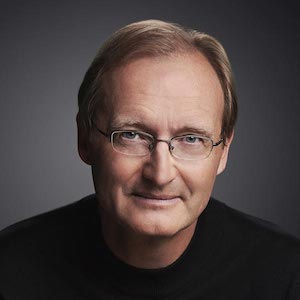
About Andrew Holecek
Andrew Holecek is an author and spiritual teacher who offers talks, online courses, and workshops worldwide for students drawn to the nocturnal meditation practices. A long-time student of Buddhism and 3-year retreatant, Holecek blends ancient wisdom with modern knowledge, making the esoteric teachings on lucid dreaming and the Tibetan yogas of sleep and dream, accessible to all.
Andrew Holecek began his study of Tibetan Buddhism in 1987, which eventually brought him to Nepal, India, Bhutan, and Tibet, where he received teachings from many of the greatest masters. A dentist by trade, his travels inspired him to co-found the humanitarian organization, Global Dental Relief. He is a member of the American Academy of Sleep Medicine and the author of scientific papers on lucid dreaming. His books include “Dream Yoga: Illuminating Your Life Through Lucid Dreaming” and “Dreams of Light: The Profound Daytime Practice of Lucid Dreaming.”

